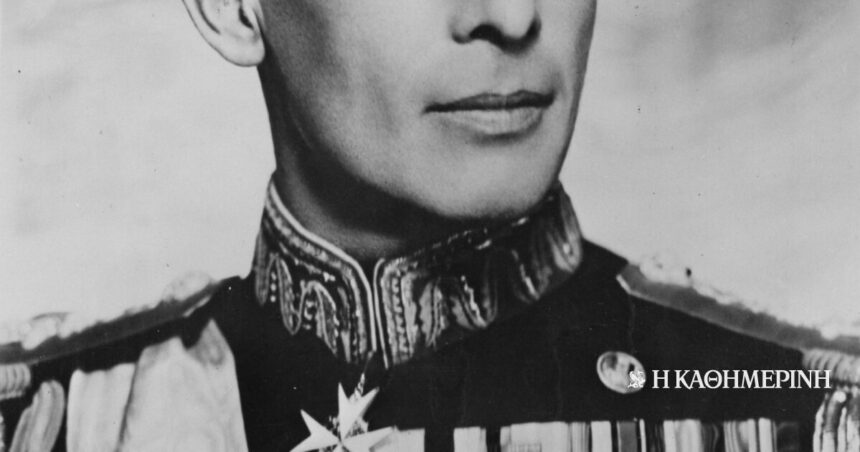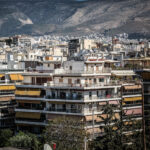THE George II he was called to succeed his father Constantine I completely unexpectedly on September 14/27, 1922, at the age of 32. His coronation ceremony was simple and short, with few people present. According to the available testimonies, however, the atmosphere was in no way reminiscent of a joyful event, but referred to a funeral.
George II was born in July 1890 at the royal palace in Tatoi, being the first-born son of the then Crown Prince Constantine and Princess Sophia of Prussia. His career in the army was largely expected, given that most scions of the royal families of Belle Époque Europe followed the old tradition of receiving military training. In 1907 he was admitted to the Ewelpidon Military School, from which he graduated two years later as a second lieutenant of the Infantry and then attended courses at the Military Academy in Berlin, where he remained until the eve of the Balkan Wars.
When Constantine I was forced to abdicate, George followed him into exile and his younger brother ascended the throne.
During the Balkan Wars he served alongside his father, who had assumed the chief strategy of the Greek forces. He remained by his father’s side in the following years, during the period of the National Divide. When Constantine I was forced to abdicate in May/June 1917, George followed him into exile and his younger brother, Alexander, ascended the throne. He returned to Greece on 6/19 December 1920, after the restoration of Constantine to the throne.
The Asia Minor Catastrophe was its dramatic end Asia Minor Campaign and the Greek presence in Anatolia after thousands of years. The political passions in Greece were particularly acute and the development of the events that followed was rapid. Constantine I was forced to abdicate for a second time, this time permanently, while the leaders of the anti-Venezuelan area were arrested as responsible for the defeat, tried by an extraordinary military court and on November 15/28 some of them were executed. Almost two months later, on January 11/24, 1923, Constantine I breathed his last in Palermo, where he had gone after leaving Greece.
After the failure of the Gargalides-Leonardopoulos movement, in October 1923, the anti-Venizel space disintegrated even more due to the flight of its leaders, such as Ioannis Metaxasabroad, of the suspension of circulation for a period of time of anti-benizel newspapers, including “Daily“, and of the persecution suffered by its middle and lower executives. Furthermore, royalist officers involved in the movement defected, leaving the Venizelians to monopolize the military’s influence on political developments.
On December 16, elections were held to elect a Constituent Assembly, from which the anti-Venizelians abstained.
That autumn the State issue was brought up for debate. Although moderate Venizelians, such as Themistocles Sofoulis, Georgios Kafantaris and Panagiotis Daglis, were against the eviction of the throne from Greece, the voices of the extreme leaders of the area, led by Theodoros Pagalos and Georgios Kondylis, prevailed. On December 16, elections were held to elect a Constituent Assembly, from which the anti-Venizelians abstained. Possessing the vast majority of seats in the new Parliament, the Venezuelans gained absolute control over politics with the popular vote.
George II was in a very difficult position, not having any strong political base in the country. He accepted the political fait accompli and on December 19, 1923 he left Greece for Romaniafrom which his wife Elizabeth was descended. The atmosphere was so heated that he was not granted a warship for his transfer, but boarded the ship of the line named “Daphne”. A sample of the climate prevailing against the crown in the country was that the barge that lined up at the dock of Piraeus did not pay due respects to Georgefollowing the orders of the leadership of the revolutionary Gonatas government.
Column editor: Myrto Katsigera, Vassilis Minakakis, Antigone-Despoina Poimenidou, Athanasios Syroplakis




